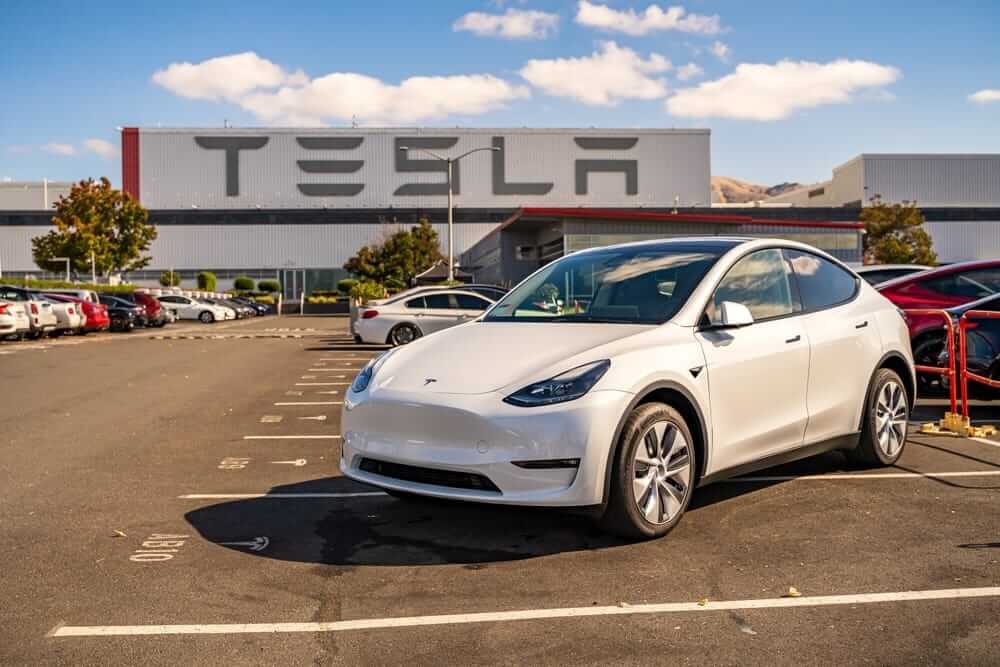Tesla, Inc. (TSLA) is a leading American electric vehicle (EV) and clean energy company headquartered in Austin, Texas. Valued at $940.6 billion by market cap, Tesla designs, manufactures, and sells electric cars, battery energy storage systems, solar products, and related software and services. Its popular EV lineup includes the Model S, Model 3, Model X, and Model Y, with plans to expand into trucks (Cybertruck) and autonomous driving technology.
Shares of this EV titan have outperformed the broader market over the past year. TSLA has gained 48.1% over this time frame, while the broader S&P 500 Index ($SPX) has rallied nearly 10.6%. However, in 2025, TSLA stock is down 19.4%, compared to SPX’s 8.6% climb on a YTD basis.
Zooming in further, TSLA has outpaced the Global X Autonomous & Electric Vehicles ETF (DRIV). The exchange-traded fund has increased 17.1% over the past year and 8.7% in 2025.
On Jul. 26, Tesla announced a major $16.5 billion tech partnership with Samsung Electronics to produce its next-generation AI6 chip at Samsung’s new Texas fab. The chip is critical to Tesla’s Full Self-Driving (FSD), robotics, and data center operations. TSLA shares rose 3.5% in the next trading session.
For the current fiscal year, ending in December, analysts expect TSLA’s EPS to decline 40.2% to $1.22 on a diluted basis. The company’s earnings surprise history is mixed. It beat the consensus estimate in two of the last four quarters, while missing the forecast on two other occasions.
Among the 41 analysts covering TSLA stock, the consensus is a “Hold.” That’s based on 12 “Strong Buy” ratings, two “Moderate Buys,” 17 “Holds,” and 10 “Strong Sells.”
This configuration is less bullish than a month ago, with 14 analysts suggesting a “Moderate Buy.”
On Jul. 21, Cantor Fitzgerald analyst Andres Sheppard reiterated an “Overweight” rating and $355 price target on Tesla, citing key near-term catalysts. While acknowledging short-term challenges, such as macroeconomic conditions, Elon Musk’s controversial public image, tariffs, and the potential loss of the EV tax credit, the firm remains bullish in the long term.






